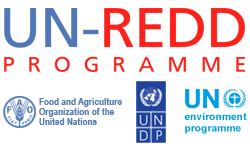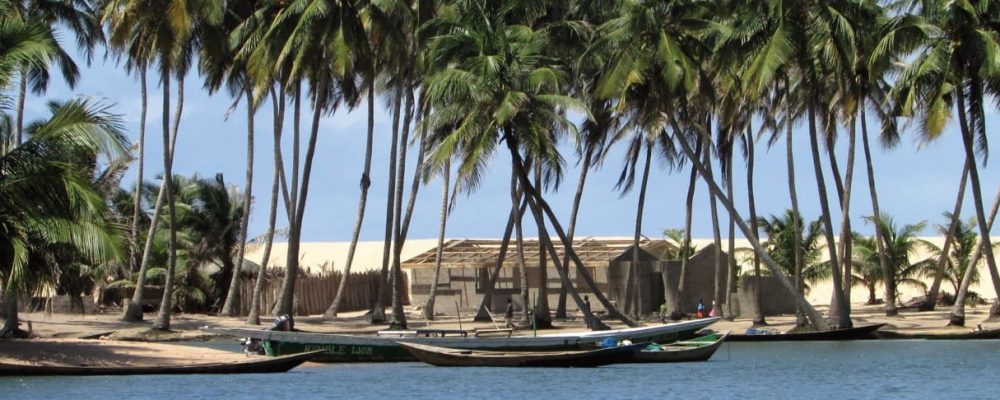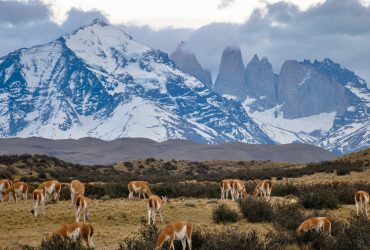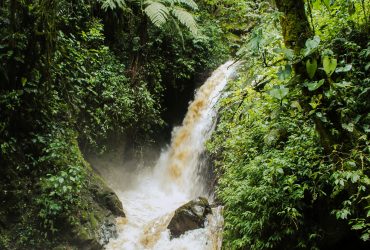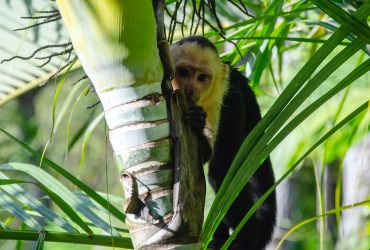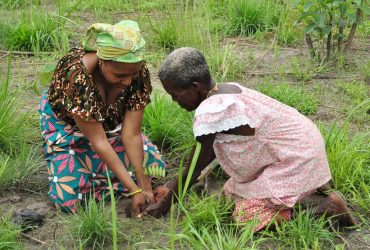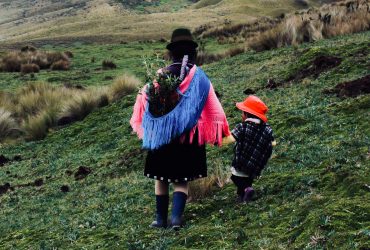PROGRESS AGAINST THE WARSAW FRAMEWORK
NS/AP: Ghana’s REDD+ implementation efforts are guided by its National REDD+ Strategy (2016) and its Nationally Determined Contribution (2017). Ghana’s REDD+ Strategy has been designed to meet the requirements of the Warsaw Framework on REDD+ and other decisions of the UNFCCC. In developing the National REDD+ Strategy, significant attention has been paid to national circumstances and developmental aspirations. The process also considered major national policies, including the national climate change policy (2013) and the revised forest and wildlife policy of Ghana (2012). This strategy is envisaged as a 20-year working document and is subject to periodic review as new ideas and enhanced understanding of REDD+ emerge from research and on the-ground implementation of REDD+ activities in Ghana.
FREL/FRL: UN-REDD provided support to the in-country technical team in operating the Collect Earth/Open Foris tool. Moreover, Ghana revised its sub-national Forest Reference Emissions Level (FREL) and Forest Reference Level (FRL) Report in 2021, with support from the World Bank. Ghana also received technical guidance in upscaling the methodologies for developing sub national FRL to the national level from the Coalition for Rainforest Nations. The updated version is a step further on completeness and on the use of the sample approach for all activity data compared to partial use of country data mixed with other proxies and global datasets, as used in the 2017 submission.
NFMS: Ghana set up a REDD+ Monitoring Hub and submitted its First Monitoring Report to the Carbon Fund in 2021, with results for the second half of 2019. An initial transaction with the Carbon Fund is expected to be carried out in 2022. Ghana has reduced emissions from deforestation and forest degradation quite significantly against the 2005-2014 reference level.
SIS: The progress experienced in the past years, namely Ghana’s approach to safeguards, the country’s submission of its first summary of information to the UNFCCC and the development of the country’s safeguards information system (SIS) web platform can be accessed here. This information was considered and used as a basis for drafting the safeguards sections of both the LEAF proposal and the TREES Concept Note. An assessment of the safeguards requirements of TREES was also conducted; it allowed identifying progress and evidence for demonstrating conformance with certain TREES safeguards indicators, as well as determining gaps and further information needed to show conformance with other TREES safeguards indicators.
